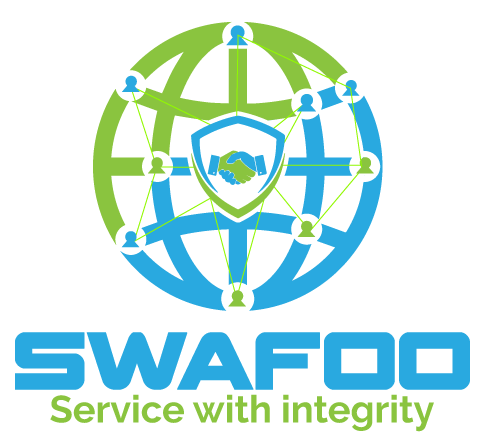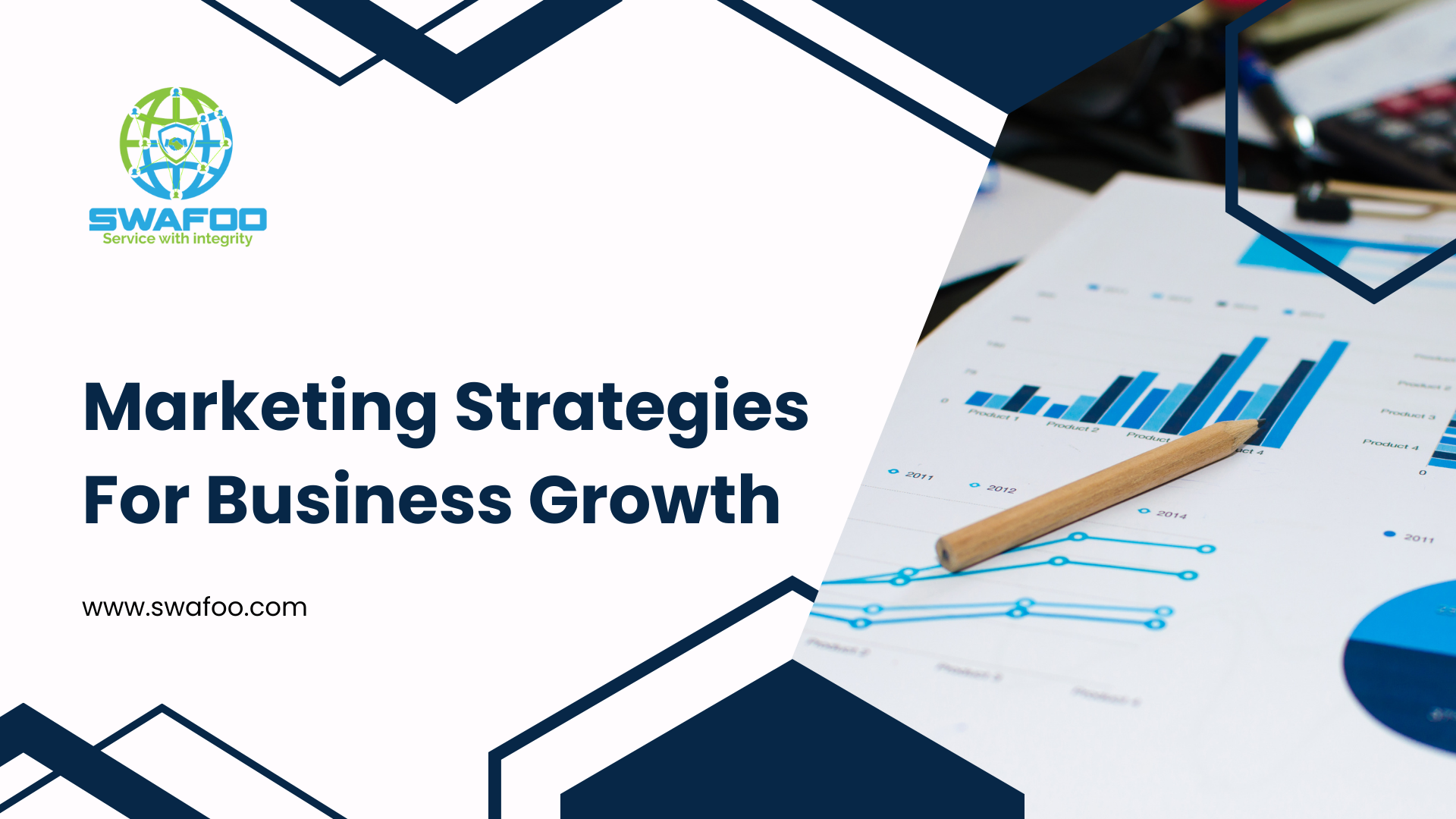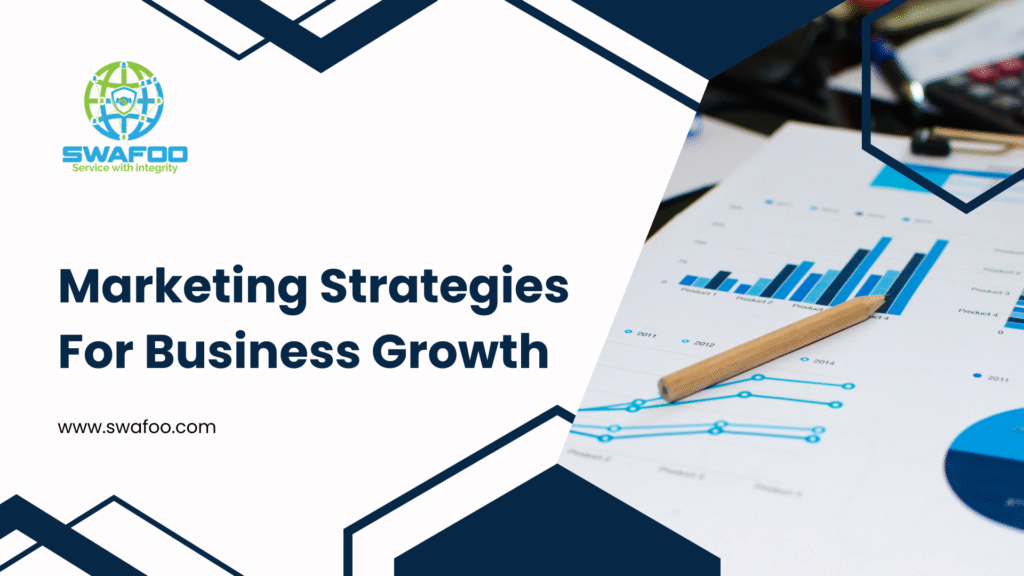Social Media Platforms for Business: Choosing the Right One for Growth
Social Media Platforms for Business: Choosing the Right One for Growth

Social media has changed the way businesses connect with customers. It’s no longer just about posting updates or sharing photos. Today, social media platforms for business have become powerful tools for building brand awareness, driving sales, and creating loyal communities. Whether you’re a small startup or a large enterprise, using the right platforms can make all the difference in your growth strategy.
But here’s the challenge: with so many social media platforms available, which ones are best for your business? Should you be on Facebook, Instagram, LinkedIn, TikTok, or all of them? In this blog, we’ll explore the most popular social media platforms for business, their strengths, and how you can use them to achieve your goals.
Why Social Media Platforms Are Essential for Business Growth
Before choosing the right platforms, it’s important to understand why social media is such a game-changer for businesses.
1. Reach Millions of Potential Customers
Billions of people log into social media platforms every single day. That means your business can reach customers far beyond your physical location.
2. Cost-Effective Marketing
Compared to traditional advertising, social media marketing is affordable. Many features are free to use, and paid ads can be tailored to fit even small budgets.
3. Targeted Advertising
Most platforms allow businesses to target very specific audiences by age, location, interests, and behaviors, so your marketing money goes further.
4. Build Relationships with Customers
Unlike TV or print ads, social media offers two-way communication. Customers can comment, share, and engage with your brand in real time.
5. Measure Results Easily
Analytics tools on platforms like Facebook, Instagram, and LinkedIn make it simple to track what’s working and what’s not.
In short, the right social media platforms for business don’t just boost visibility they help you connect with the people who matter most.
Facebook: The All-Rounder for Businesses
When it comes to social media platforms for business, Facebook is still one of the most versatile. With more than 3 billion active users, it’s the place to reach a wide audience.
Why Businesses Use Facebook
- Facebook Pages let businesses share updates, services, and contact information.
- Messenger makes it easy to provide quick customer support.
- Facebook Ads offer advanced targeting options.
- Groups and Communities build brand loyalty.
Best for:
Small to medium-sized businesses, local services, e-commerce stores, and brands that want to reach diverse age groups.
Tip: Use a mix of posts, videos, polls, live sessions, and updates to keep audiences engaged.
Instagram: Visual Storytelling for Brands
Instagram thrives on visuals, making it one of the best social media platforms for business in industries like fashion, travel, food, beauty, and lifestyle.
Why Businesses Use Instagram
- Reels and Stories help brands stay visible daily.
- Shoppable Posts allow direct product tagging.
- Influencer Marketing is powerful on Instagram.
Best for:
Brands that rely on high-quality visuals and want to reach younger audiences (Millennials and Gen Z).
Tip: Consistency is key. Post regularly and use trending hashtags to increase discoverability.
LinkedIn: The Professional Platform
LinkedIn is the go-to platform for B2B marketing, professional services, and networking. If your business serves other businesses or wants to establish authority, LinkedIn is a must.
Why Businesses Use LinkedIn
- Company Pages showcase expertise and services.
- LinkedIn Ads allow targeting by industry, role, and location.
- Thought Leadership Posts build credibility.
Best for:
B2B companies, consultants, legal firms, digital agencies, recruiters, and service providers.
Tip: Share insights, case studies, and industry news to position yourself as an expert.
TikTok: Creativity and Virality
TikTok has become one of the fastest-growing social media platforms for business, especially for brands targeting younger audiences. Its short-form videos allow for creativity and quick engagement.
Why Businesses Use TikTok
- Viral Trends spread content quickly.
- TikTok Ads reach highly engaged audiences.
- Authenticity matters more than polished content.
Best for:
Brands targeting Gen Z and Millennials, especially in fashion, entertainment, food, or lifestyle.
Tip: Don’t be afraid to experiment. Humor, trends, and behind-the-scenes videos work well.
X (formerly Twitter): Real-Time Conversations
X is all about immediacy. It’s perfect for businesses that want to engage in real-time discussions, share updates, or provide fast customer service.
Why Businesses Use X
- Hashtags and Trends help brands join conversations.
- Customer Support is quick and visible.
- Announcements and News spread fast.
Best for:
Brands that need real-time engagement, media companies, or businesses in tech and customer service.
Tip: Keep posts short and timely. Engage with trending topics to increase visibility.
YouTube: The Power of Long-Form Video
YouTube is the second-largest search engine in the world, making it one of the best social media platforms for business that can create educational or entertaining video content.
Why Businesses Use YouTube
- How-To Videos build trust and authority.
- Product Demos show value clearly.
- YouTube Ads allow precise targeting.
Best for:
Businesses with the capacity to produce regular video content tutorials, product reviews, customer stories, or educational series.
Tip: Optimize video titles, descriptions, and tags for SEO to maximize reach.
Pinterest: Driving Inspiration and Action
Pinterest works like a visual search engine, making it an underrated but powerful platform for businesses. Many users browse Pinterest with buying intent, which makes it valuable for driving sales.
Why Businesses Use Pinterest
- Pins and Boards display products beautifully.
- Pinterest Ads drive traffic to websites or stores.
- Search Intent means users are ready to act.
Best for:
E-commerce stores, fashion, home décor, travel, and food-related businesses.
Tip: Create visually appealing pins with strong keywords in descriptions.
Snapchat: Engaging Younger Audiences
Snapchat is often overlooked, but it remains one of the best platforms for reaching younger users. Its ephemeral content creates urgency and exclusivity.
Why Businesses Use Snapchat
- Snap Ads are short and engaging.
- AR Filters make interactive campaigns fun.
- Discover Section allows brands to share content widely.
Best for:
Brands targeting Gen Z with fun, interactive campaigns.
Tip: Keep content authentic and playful.
Choosing the Right Social Media Platforms for Business
Not every platform is right for every business. Here’s how to choose wisely:
- Know Your Audience
If your customers are professionals, LinkedIn is best. If they’re young and creative, TikTok or Instagram may work better. - Consider Your Content Type
Do you have strong visuals? Go for Instagram and Pinterest. Can you produce videos? YouTube and TikTok are ideal. - Start with One or Two Platforms
Don’t spread yourself too thin. Focus on a couple of platforms where your audience is most active, then expand. - Align with Your Goals
Do you want brand awareness, lead generation, or customer engagement? Choose platforms that match your goals.
How Swafoo Helps Businesses Succeed on Social Media
At Swafoo, we know that choosing the right social media platforms for business can feel overwhelming. That’s why we help businesses create tailored strategies that deliver results.
Our services include:
- Social media audits to identify opportunities.
- Content creation that fits each platform.
- Paid advertising campaigns for maximum ROI.
- Analytics and reporting to measure success.
Whether you’re just getting started or looking to refine your strategy, our team ensures your brand stands out in the crowded digital space.
Final Thoughts
Social media platforms for business aren’t just tools; they’re growth engines. Each platform offers unique strengths, and the right mix can help you connect with your audience, build trust, and drive revenue.
The key is to be strategic. Know where your customers are, create content that resonates, and stay consistent. Whether it’s Facebook’s versatility, Instagram’s visuals, LinkedIn’s professionalism, or TikTok’s creativity, the right platform can take your business to the next level.
At Swafoo, we specialize in helping businesses grow through smart social media strategies. If you’re ready to harness the power of social media for your brand, we’re here to guide you every step of the way.
Share This Post
More To Explore

The Truth About SEO and Web Design: How Smart Design Can Improve Your Ranking
SEO and Web Design Every business wants to appear at the top of search engines. But few realize how closely web design and SEO work

Digital Marketing Strategies in 5 Steps: How to Create One That Delivers Results
Marketing Strategies Creating digital marketing strategies that actually work isn’t about chasing trends or using every platform at once. It’s about focus, knowing what your





